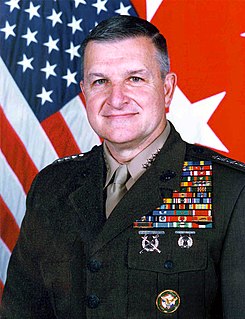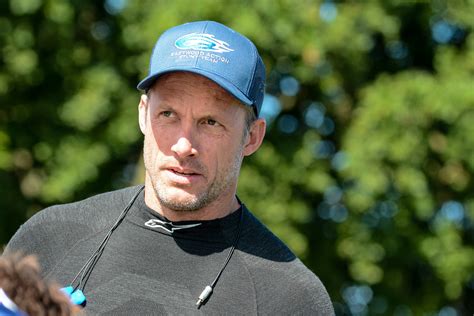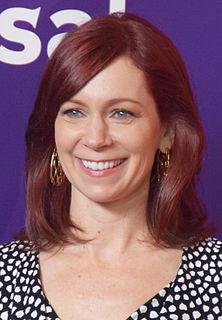A Quote by Barry Levinson
You do understand that you can't force the situation, but in terms of how you edit, you can define that to take the audience along, whether it be a storyline or a character moment that we can play out. The more experience you've had, the more beneficial it is, period.
Related Quotes
I seek a diverse spectrum of roles. If I just was in a large-budget feature for a younger audience, then I want to find a smaller, more character-driven piece that might be for a more mature audience. Or if I'm playing a goofier character, then maybe I want to go play a serious, psychopathic character. But at the same time, it's usually a case-by-case basis where I'm judging the merit of a role by the script I'm given, and it usually has less to do with the larger framework and more to do with how the part personally appeals to me in that moment.
In TV, you are much more likely to see the episode closer to the script as written - in terms of the order of the scenes - than you would in a movie, and here's why: you don't have as many days to edit. You have 10 to 12 weeks or more to edit a feature, and you have four days to edit TV. That's a huge difference.
I think the Mogadishu effect, if I had to define it, is we need to be more careful where we decide to commit US forces, and for what reason, and to make a clear judgment as to what we can and can't do and whether it's in our interests, or we could afford the resources that it would take to make the situation right.
Inclined to peace by his temper and situation, it was easy for [Augustus] to discover that Rome, in her present exalted situation, had much less to hope than to fear from the chance of arms; and that, in the prosecution of remote wars, the undertaking became every day more difficult, the event more doubtful, and the possession more precarious and less beneficial.
The black experience, which has nothing to do with my play 'Angels in America,' allowed me to understand the Mormon character. He was the character that couldn't come out to his mother. It allowed me to understand emotional and closeted behavior, because you're so acutely aware of how you're perceived.
A lot of times, in film and TV, they just want you to play yourself. But, when you're someone who's more of a character actor, you get to experience what it feels like to play a bunch of different kinds of people. I find it more invigorating than challenging. I definitely trust the writers to give me the material that I will take and turn into the person that I'm playing.
I think when you're younger, as an actor you have much more of a notion that you are doing something to the audience. But with experience, I think you begin to worry less about what the audience's experience is and concentrate on working with the other actors, and that tends to let the audience do more work.
The players start to recognise your game, start to know how you move, how you pass, how you shoot and the things become difficult now. So now I need to improve more and to work more and understand more the teams who I play against because they will understand me better, but I need to be prepared to understand better the difficulties they can have.






































